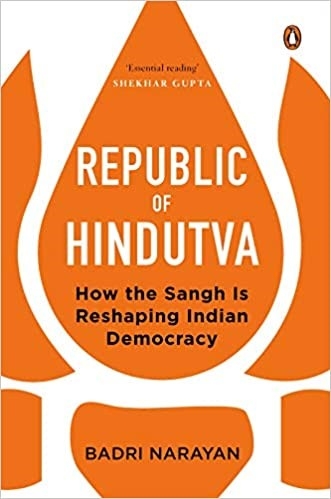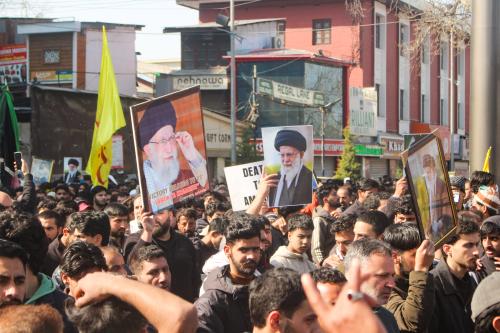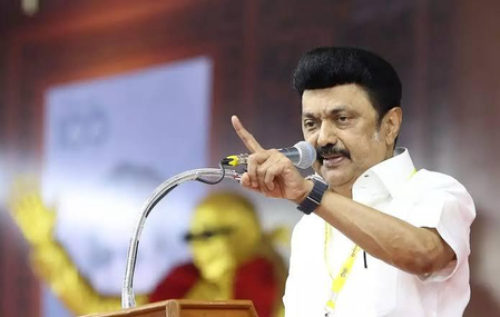New Delhi, March 21 (IANS) The RSS, which has just appointed Dattatreya Hosabale as its new General Secretary, is like the tip of an iceberg, exerting its influence much beyond what is visible, says a new book that traces its 95-year history. Beginning with the choice of Narendra Modi as the forerunner for the 2014 general election up to the campaign for the 2019 polls, RSS cadres have been a formidable force behind the staggering rise of the BJP in national politics. In "Republic of Hindutva" (Penguin), social historian and cultural anthropologist Badri Narayan offers an intimate glimpse of how the Sangh and its vast network of educational, cultural and social outfits have been digging deep roots in the Indian psyche. By refashioning its modes of mobilization as well as assimilating Dalits, OBCs, tribals and other marginalized communities, the RSS has made the Hindutva metanarrative appealing to a large section of Indians. During elections, the BJP, instead of wiping out caste from electoral politics, reaps rich political dividends from this social appropriation. Drawing on extensive field research in the heartland of India and interviews with RSS volunteers, the author reveals how a new public is being forged at the grassroots, one that will determine the course of Indian democracy. Badri Narayan is director at the G.B. Pant Social Science Institute, a constituent of the University of Allahabad. His research interests lie in popular culture, social and anthropological history, Dalit and subaltern issues, and the relationship between power and culture. Writing in both English and Hindi, Narayan is the author of "Fractured Tales: Invisibles in Indian Democracy" (2016), "Kanshiram: Leader of the Dalits" (2014), "The Making of the Dalit Public in North India: Uttar Pradesh, 1950 Present" (2011), "Fascinating Hindutva: Saffron Politics and Dalit Mobilisation" (2009) and "Women Heroes and Dalit Assertion in North India" (2006). He is a regular contributor to leading publications, such as The Hindu, the Indian Express and the Economic and Political Weekly, among others. He has been a recipient of the Fulbright Senior Fellowship (2004�05) and the Smuts Fellowship, University of Cambridge (2007).
Digging deep roots into the Indian psyche
- by Rinku
- March 21, 2021 2 minutes

Digging deep roots into the Indian psyche











